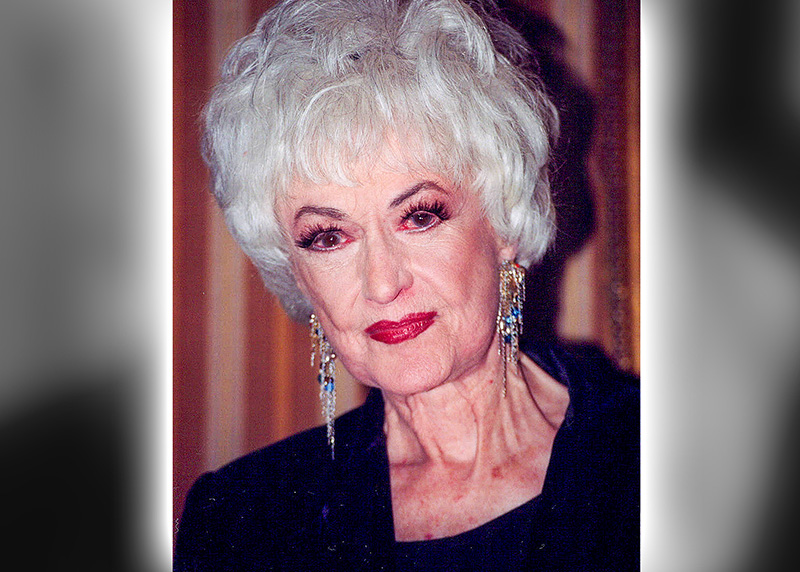Mpox Cases on the Rise in Virginia
Virginia Department of Health data shows that the number of mpox infections since January 1 has already exceeded last year's total.

The Virginia Department of Health has reported a recent increase in mpox infections in the state.
According to Health Department data, there have been 14 reported cases of mpox since January 1. Four of these required patients to be hospitalized.
The number of cases of mpox in 2024 has already surpassed the total number of cases reported last year. Of the 2024 cases, six occurred in individuals co-infected with HIV, and all cases occurred among individuals that were not vaccinated against mpox.
The cases are spread over four separate health regions: the Northern region, which includes the D.C. suburbs; the Northwest region, including the far-out exurbs of D.C. and the Northern Shenandoah Valley; the Central region, including Greater Richmond and Southside Virginia; and Eastern Virginia, including the Northern Neck, Hampton Roads, and the Eastern Shore regions.
Virginia Department of Health data shows that since the outbreak of mpox in the United States in 2022, there have been 592 cases of mpox infection reported, with 35 patients requiring hospitalization, and the disease claiming two lives. Of these, 559 cases occurred in males, with the majority impacting people between the ages of 20-39.
While the Virginia Department of Health does not collect data on patients’ sexual orientation, anecdotally, a significant number of those infected since the 2022 outbreak have been men who have sex with men.
The bulk of those cases occurred throughout 2022, and infection rates appeared to decline as more people got vaccinated against the disease. Over 90% of those who had been vaccinated received at least one dose of the two-dose JYNNEOS vaccine. In total, 13,232 people in the commonwealth have received one vaccine dose, with 9,913 receiving a second dose.
Signs and symptoms of mpox include fever, chills, swollen lymph nodes, and a new, unexplained rash that may be painful.
The disease spreads through close, sustained physical contact. Anyone who has been informed that they have had close contact with someone with mpox is encouraged to watch for symptoms up to 21 days after the last day of exposure, and should consider getting vaccinated.
The JYNNEOS vaccine protects against mpox infection, and can lessen the severity of the illness if one does contract mpox.
Those with symptoms, even if vaccinated, should consult their health care provider, and should stay away from other people and animals until the mpox rash has healed and a new layer of skin has formed.
For more information on mpox, visit the Centers for Disease Control and Prevention website, or the Virginia Department of Health website.
The Virginia Department of Health call center has live operators to answer questions about mpox illness, vaccination, and treatment options. Call 877-VAX-IN-VA (877-829-4682) from Monday through Friday, from 8 a.m. to 5 p.m.
Support Metro Weekly’s Journalism
These are challenging times for news organizations. And yet it’s crucial we stay active and provide vital resources and information to both our local readers and the world. So won’t you please take a moment and consider supporting Metro Weekly with a membership? For as little as $5 a month, you can help ensure Metro Weekly magazine and MetroWeekly.com remain free, viable resources as we provide the best, most diverse, culturally-resonant LGBTQ coverage in both the D.C. region and around the world. Memberships come with exclusive perks and discounts, your own personal digital delivery of each week’s magazine (and an archive), access to our Member's Lounge when it launches this fall, and exclusive members-only items like Metro Weekly Membership Mugs and Tote Bags! Check out all our membership levels here and please join us today!























You must be logged in to post a comment.